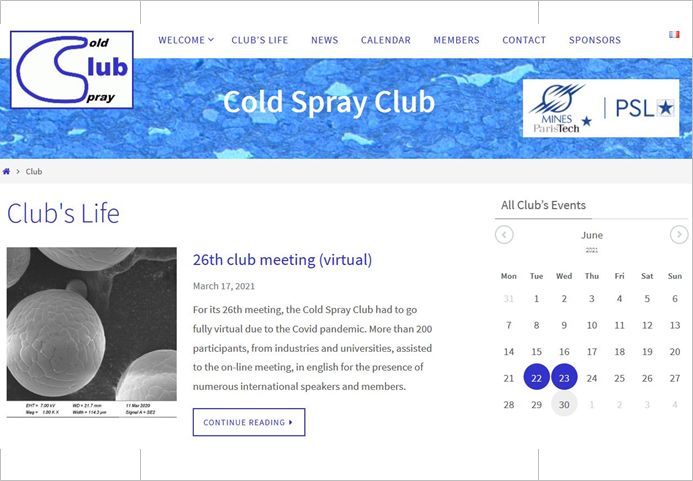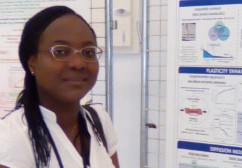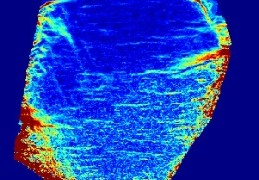



 Lecture
Lecture
Bio-based aerogels: new eco-friendly porous materials for thermal insulation and controlled release
Hubert SALMON-LEGAGNEUR will defend his thesis called
"Characterisation of high-temperature damage mechanisms of oxide dispersion strengthened (ODS) ferritic steels"
on January, the 26th at 15:30 pm
at 60 Boulevard Saint-Michel 75006 Paris - V106A
abstract : The development of the fourth generation of nuclear power plants relies on the improvement of cladding materials, in order to achieve resistance to high temperature, stress and irradiation dose levels. Strengthening of ferritic steels through nano-oxide dispersion allows obtaining good mechanical strength at high temperature and good resistance to irradiation induced swelling. Nonetheless, studies available from open literature evidenced an unusual creep behavior of these materials: high anisotropy in time to rupture and flow behavior, low ductility and quasi-inexistent tertiary creep stage. These phenomena, and their still unclear origin are addressed in this study. Three 14Cr ODS steels rods have been studied. Their mechanical behavior is similar to those of other ODS steels from open literature. During creep tests, the specimens fractured by through crack nucleation and propagation from the lateral surfaces, followed by ductile tearing once the critical stress intensity factor was reached at the crack tip. Tensile and creep properties did not depend on the chemical environment of specimens. Crack propagation tests performed at 650°C showed a low value of the stress intensity factor necessary to start crack propagation. The cracks followed an intergranular path through the smaller-grained regions, which partly explains the anisotropy of high temperature strength. Notched specimens have been used to study the impact of the main loading parameters (deformation rate, temperature, stress triaxiality) on macroscopic crack initiation and stable propagation, from the central part of the specimens. These tests allowed revealing cavities created during high temperature loading, but unexposed to the external environment. These cavities showed a high chemical reactivity of the free surfaces in this material. The performed tests also evidenced different types of grain boundaries, which presented different damage development behaviors, probably due to differences in local chemistry. The nature of these grains boundaries and their origin are still to be explained.

A new version of the COLD SPRAY CLUB website is now…
The COLD SPRAY CLUB concerns laboratories, technology…
> En savoir +

Formation
A MINES ParisTech PhD student awarded at the…
Josiane Nguejio, PhD student at Centre des Matériaux…
> En savoir +

Recherche
The FEMS Lecturers 2014-2015 include Henry PROUDHON
Lecturer Series This is a scheme which sponsors selected…
> En savoir +

Recherche
award for a team of Centre des Matériaux
Nicolas Gueninchault who work in teams M2 and COCAS with Henry…
> En savoir +
Recherche
The SF2M award three medals to doctors of the centre des…
The medal Réaumur is given by SF2M, each two…
> En savoir +
